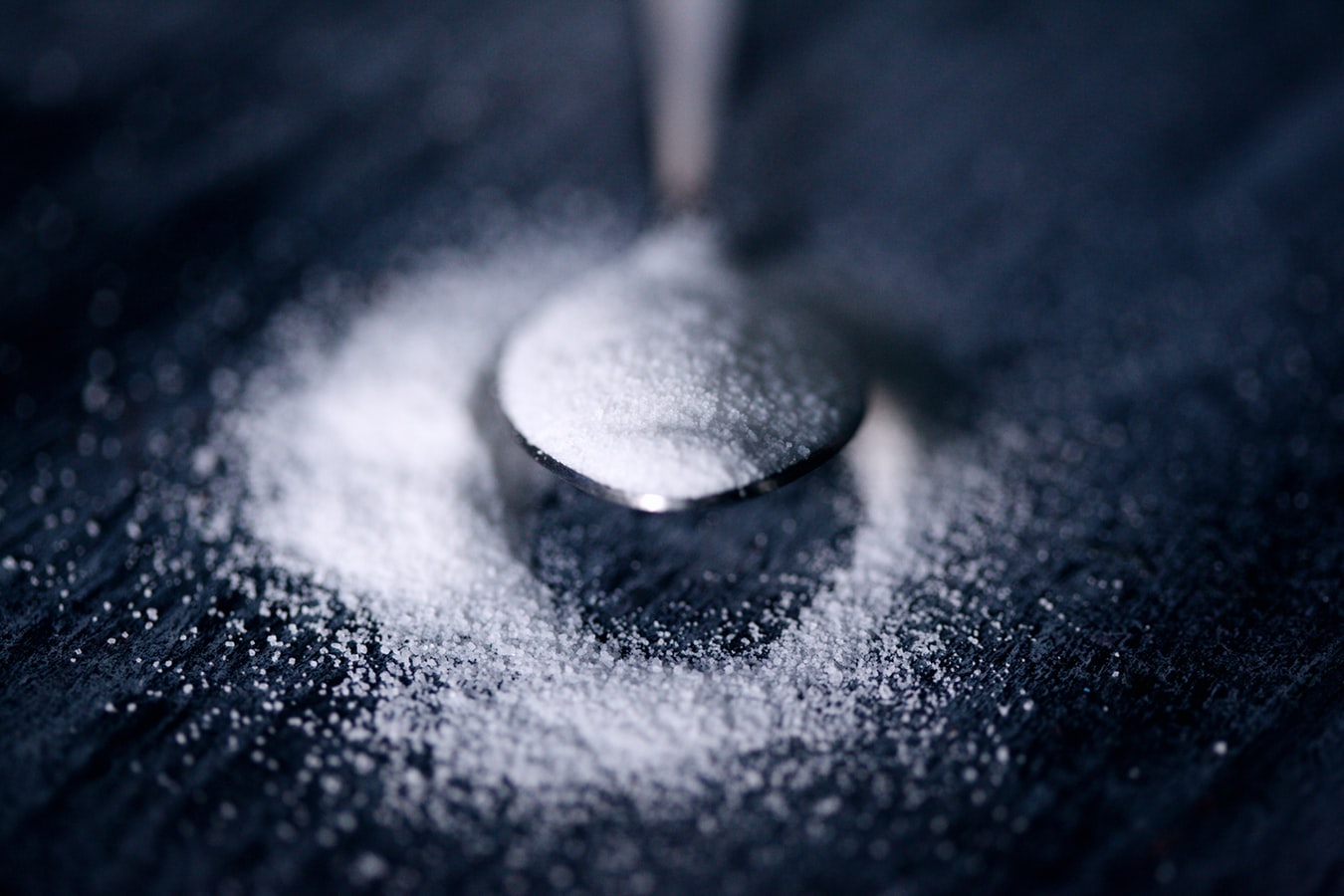By Dr. Andrea Wick EBS CONTRIBUTOR
Sugar? What is it good for? Absolutely nothing.
2020 is here and we may or may not have decided to take on a New Year’s Resolution. During this new year, sugar has been on my mind. And I would like to encourage you to eliminate sugar addiction in 2020 and decrease your intake.
Too much sugar is poison to our systems. It causes early onset diabetes, weight gain, skin issues, mood swings, a fatty liver and can affect our cardiovascular system. Eating too much sugar also creates a more acidic environment for organisms to live and allows diseases to flourish such as cancer and autoimmune disease.
According the United States Department of Agriculture, the average American consumes about 126.6 pounds of sweeteners every year and the average American eats 22 teaspoons of sugar per day. This would include high fructose corn syrup, refined white sugar and cane sugar. That is a lot of sugar. What is a healthy amount to be consuming? If you have no pre-diabetic tendencies, it’s best to not consume more than 25 grams of sugar a day or 6 ¼ teaspoons.
Are you aware of non-alcoholic fatty liver disease? Drinking just one soda per day will put you at risk. High amounts of sugar are difficult for the liver to digest and process. The liver uses fructose—a form of sugar—to make fat and if you are putting too much sugar into your body that fructose causes a fatty liver. Consequently, this fat is also released into the blood stream.
Too much sugar also causes digestive issues related to yeast and candida overgrowth, and too much bacteria in the gut. Yeast, candida and bacteria thrive off of sugar. These bugs wreak havoc on the body and cause the microbiome to be out of balance. Your gut needs good bacteria to maintain normal balance so that the body can naturally fight off candida and bacteria overgrowth. When too much sugar, starch and carbohydrates are in our diet, these organisms flourish and cause such symptoms as brain fog, fatigue, skin rashes, diarrhea, constipation, bloating and weight gain to name a few.
Dr. David Perlmutter of Florida is a neurologist studying the impact of diet and how it affects the brain. He states that anxiety and gut health are directly correlated, and new studies show that depression can be triggered by high sugar intake.
You may be thinking, “OK how do I now decrease my sugar consumption?” The first place to start is adding more natural forms of sugar to the diet to wean yourself off. Stay away from cane sugar, refined sugar and high fructose corn syrup and remember high fructose corn syrup has now been renamed “natural sweetener” and “fructose.” It is important to know that “sugar-free” can also be an unhealthy option. Avoid aspartame, sucralose and Splenda as these ingredients are neurotoxins. Great options are raw honey, maple syrup, stevia and coconut sugar. Coconut sugar is great in recipes because it has a low glycemic index. I hope this inspires you to be healthier in 2020!
Dr. Andrea Wick is a chiropractor and applied kinesiologist. She graduated from Life University in Marietta, Georgia, and now practices at Healing Hands Chiropractic in Big Sky. She has a passion for holistic health care and being active in the outdoors.













